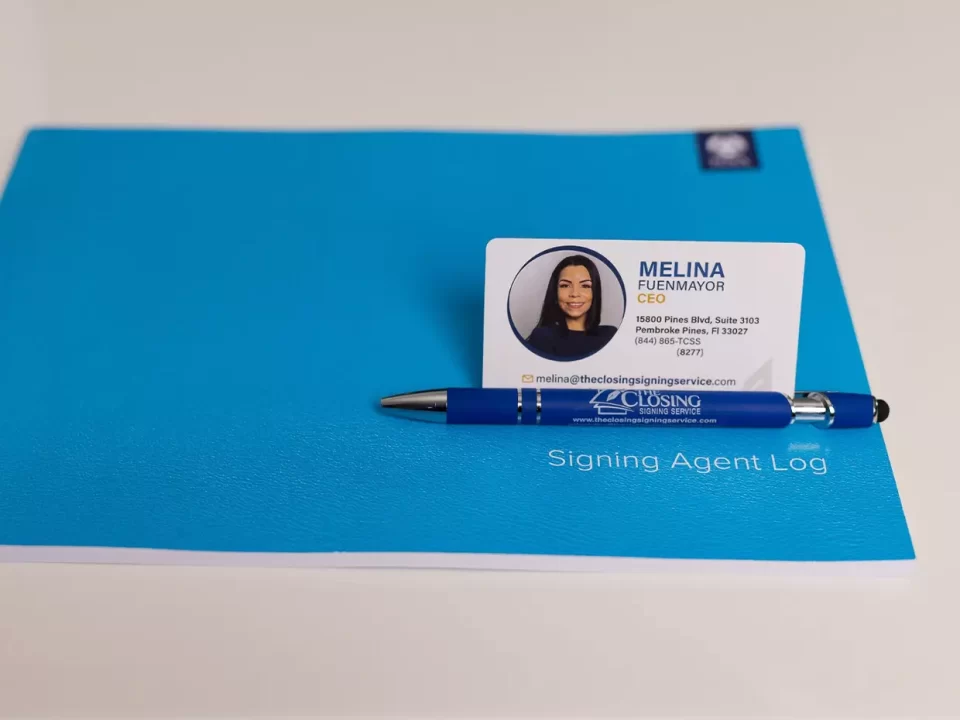May 7, 2024
Published by Melina Fuenmayor at May 7, 2024
Categories
March 22, 2024
Published by Melina Fuenmayor at March 22, 2024
Categories
March 15, 2024
Published by Melina Fuenmayor at March 15, 2024
Categories
March 8, 2024
Published by Melina Fuenmayor at March 8, 2024
Categories
February 29, 2024
Published by Melina Fuenmayor at February 29, 2024
Categories
February 19, 2024
Published by Melina Fuenmayor at February 19, 2024
Categories
November 24, 2023
Published by Melina Fuenmayor at November 24, 2023
Categories
November 23, 2023
Published by Melina Fuenmayor at November 23, 2023
Categories
November 21, 2023
Published by Melina Fuenmayor at November 21, 2023
Categories
November 20, 2023
Published by Melina Fuenmayor at November 20, 2023
Categories
November 17, 2023
Published by Melina Fuenmayor at November 17, 2023
Categories
November 15, 2023
Published by Melina Fuenmayor at November 15, 2023
Categories
November 14, 2023
Published by Melina Fuenmayor at November 14, 2023
Categories
November 10, 2023
Published by Melina Fuenmayor at November 10, 2023
Categories
November 9, 2023
Published by Melina Fuenmayor at November 9, 2023
Categories
November 8, 2023
Published by Melina Fuenmayor at November 8, 2023
Categories
November 6, 2023
Published by Melina Fuenmayor at November 6, 2023
Categories
November 2, 2023
Published by Melina Fuenmayor at November 2, 2023
Categories
October 13, 2023
Published by Melina Fuenmayor at October 13, 2023
Categories
October 12, 2023
Published by Melina Fuenmayor at October 12, 2023
Categories
October 10, 2023
Published by Melina Fuenmayor at October 10, 2023
Categories
October 9, 2023
Published by Melina Fuenmayor at October 9, 2023
Categories
October 5, 2023
Published by Melina Fuenmayor at October 5, 2023
Categories
October 4, 2023
Published by Melina Fuenmayor at October 4, 2023
Categories
October 2, 2023
Published by Melina Fuenmayor at October 2, 2023
Categories
September 29, 2023
Published by Melina Fuenmayor at September 29, 2023
Categories
September 28, 2023
Published by Melina Fuenmayor at September 28, 2023
Categories
September 27, 2023
Published by Melina Fuenmayor at September 27, 2023
Categories
September 26, 2023
Published by Melina Fuenmayor at September 26, 2023
Categories
September 25, 2023
Published by Melina Fuenmayor at September 25, 2023
Categories
September 22, 2023
Published by Melina Fuenmayor at September 22, 2023
Categories
September 21, 2023
Published by Melina Fuenmayor at September 21, 2023
Categories
September 20, 2023
Published by Melina Fuenmayor at September 20, 2023
Categories
September 19, 2023
Published by Melina Fuenmayor at September 19, 2023
Categories
September 15, 2023
Published by Melina Fuenmayor at September 15, 2023
Categories
September 14, 2023
Published by Melina Fuenmayor at September 14, 2023
Categories
September 4, 2023
Published by Melina Fuenmayor at September 4, 2023
Categories
August 28, 2023
Published by Melina Fuenmayor at August 28, 2023
Categories
August 21, 2023
Published by Melina Fuenmayor at August 21, 2023
Categories
August 14, 2023
Published by Melina Fuenmayor at August 14, 2023
Categories
August 8, 2023
Published by Melina Fuenmayor at August 8, 2023
Categories
July 31, 2023
Published by Melina Fuenmayor at July 31, 2023
Categories
July 10, 2023
Published by Melina Fuenmayor at July 10, 2023
Categories
July 3, 2023
Published by Melina Fuenmayor at July 3, 2023
Categories
May 15, 2023
Published by Melina Fuenmayor at May 15, 2023
Categories
May 15, 2023
Published by Melina Fuenmayor at May 15, 2023
Categories
May 15, 2023
Published by Melina Fuenmayor at May 15, 2023
Categories















































